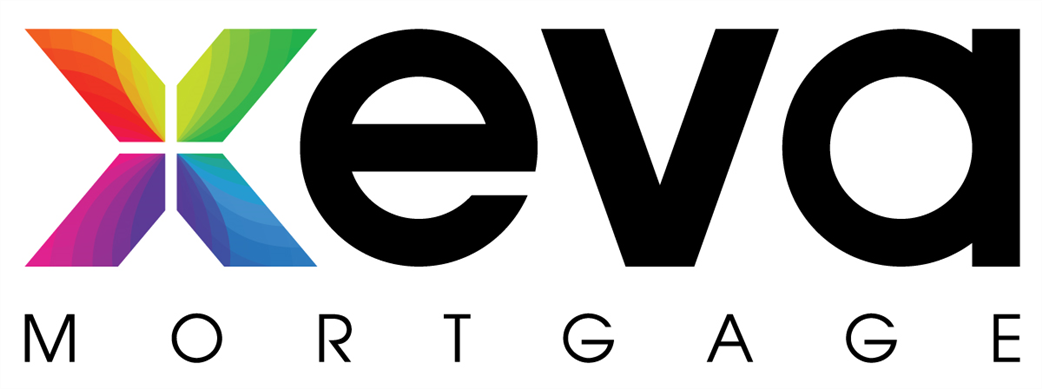So What's Your Best Rate?
So, whats your best rate?. As a mortgage broker, of course it would be safe to assume that this is a logical question I am often asked, and one where you also might assume that my answer would be relatively straight forward! Well, unfortunately its not all that easy, and part of the challenge lies in that so many of us see/hear the barrage of advertising through multiple forms of media about the lowest rates and that has an anchoring effect in our minds. The truth is that in many cases people dont necessarily qualify for such advertised rates because they are for borrowers in very specific circumstances, or theyre attached to mortgage products with very specific features that can be quite limiting and thats where I can help.
Accordingly, how do I manage the whats your best rate question? Simply put, I always acknowledge that rate is of course primary concern and first on just about everyones list, however, before getting too fixated on rate, I like todiscuss these first 10 (of potentially many more) key elements that all influence the lowest rate. They are
Variable or fixed rate?
If fixed, is it for a 1,2,3,4 or 5-year term? (And NEVER a 7 or 10-year!)
If variable, which lender? Features vary by lender.
How much is your down payment? More, or less than 20%?
Is it for an owner-occupied property, a vacation property, or a rental?
Whats your source of income? Salary? Hourly? Commission? Self-employed? Contract?
How is the credit score?
What prepayment features are important to you?
Whats your 3 to 5-year plan? In Canada, over 60% of 5-year fixed rate mortgages are broken at around 36 months which can lead to significant penalties. Variable rate and shorter-term fixed products can often provide more options and flexibility.
Is there a need for a secured, or an unsecured line of credit?
So, given all of that, whats my best rate? You get the idea
The truth is that mortgages can be relatively simple, or incredibly complex, and its important to know as a borrower that you have choices and decisions to make. And thats where a mortgage broker comes in. Work with someone to help you understand your options so you can make informed decisions and put yourself in the best position to maximize your wealth in real estate over the long term.
Be the Better Borrower - How the BoC Interest Rate Announcement May Impact You.
Well, what a day Wednesday July 13th was, most of the financial industry (including the best economists in the country) was caught off guard by the Bank of Canadas move of raising its policy interest rate by 100-basis points. Most were confidently predicting a 75-basis point hike (like the move the US Federal Reserve made in June), but the Bank of Canada shocked most of us with a full 1% hike, the largest single hike in over 20 years. And why pull out the big guns? To fight inflation of course as most of us are now well aware, but instead of fighting what was originally considered transitory inflation, the concern now is that if inflation becomes entrenched (meaning we all believe it is here to stay for a while), it can put upward pressure on wages and we then run the risk of a wage/price spiral. Not good, and theoretically quite likely a worse outcome than a recession. And speaking of a recession, there are many now predicting that a recession is inevitable and along with it coming a decline in interest rates as attempts at that point will need to be made to jump start the economy. Good news in some ways I suppose in that forecasting declining rates somewhat tempers the current headlines of impending doom, but truly crystal ball stuff and apparently mine has a crack in it!
So, what does this mean for you as a borrower? Well, if you are currently in a fixed rate mortgage product, it doesnt have any immediate impact on you. Your monthly payment remains the same however, depending upon your situation and when your current term is up for renewal, you could be facing the prospect of higher interest rates at that point and for some, that could mean some pretty good sticker shock. If on the other hand you are in a variable rate mortgage, in most cases, your monthly mortgage payment will be (or in my opinion should be) going up. The reason I say should be is because some lenders have a variable rate mortgage product with a fixed payment meaning your payment will remain the same for the term of your mortgage with the monthly split going to principal and interest, and ultimately your amortization, changing in the background. With this type of variable rate product (again in my opinion) it is beneficial and prudent to consider voluntarily increasing your monthly payment to realistically reflect the market conditions and retain your current amortization. And lastly, like a variable rate mortgage, if you have a home equity line of credit (HELOC), your monthly payment will also be going up.
So, what does going up mean for those with a variable rate mortgage and anyone with a HELOC? At this stage its good to understand the basic math. For every 25-basis point increase in the Bank of Canada policy rate, borrowers can expect their payment to increase by about $13/month for every $100,000 borrowed. Given that last week the BoC raised its policy rate by 100-basis points, this then represents four times that amount which is about $52/month more. Accordingly, that $100,000 balance on a HELOC will now cost about $52/month more than it did a month ago, and a $500,000 variable rate mortgage will cost about $260/month more. And its important to point out here that those same monthly payments go down in times of declining interest rates and is why, based upon historical trends, there are many who believe a variable rate mortgage strategy will save you money over time. What can be said is that while this may be true, it is not true 100% of the time and so the choice between a fixed rate or variable rate mortgage is a personal decision based upon comfort levels.
The final word? If youre not 100% certain of your mortgage details (and any other debt for that matter), dont stick your head in the sand. Do a review to ensure youre doing all you can to minimize your costs in terms of servicing your debt. This may mean making some changes, or perhaps even doing nothing at all, but at least know your situation and ensure youre on course. And for those who perhaps have drifted a little off course maybe that HELOC was a little too convenient and the balance is higher than you want, or your credit card balance is a little high due to some pandemic spending check in with me to see if a plan to utilize some your home equity makes sense to consolidate any expensive (and stress inducing!) debt you may have.





























